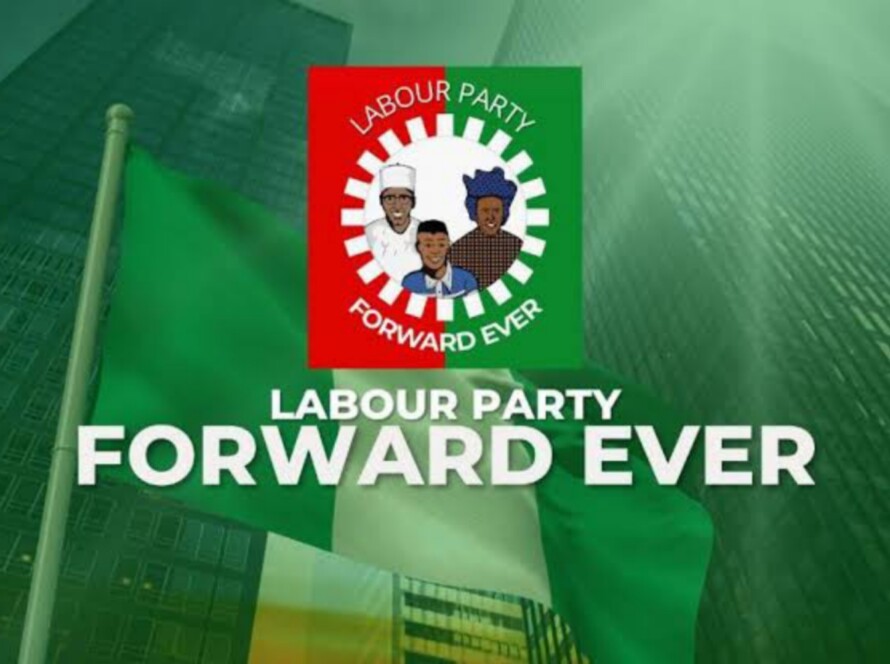The Labour Party (LP) was once a minor footnote in Nigeria’s political narrative; a party created for workers, civil society, and progressive voices but largely overlooked in national elections.
However, that is all changing in 2022, with the candidacy of Peter Obi causing the LP to surge into the mainstream, energising millions of young Nigerians and introducing what some called a “third force” into a political system that has long been dominated by the PDP and now the APC.
But where did the Labour Party come from? What does the party truly represent? And what’s next for this fast-rising political force?
Foundations: From Workers to the Ballot Box
The Labour Party traces its roots to the Party for Social Democracy (PSD), founded in 2002 by members of the Nigeria Labour Congress (NLC). As its name implies, the LP was intended to be a political platform for workers, trade unions, and the working class, offering a leftist alternative to Nigeria’s dominant capitalist parties.
The LP’s registration with INEC marked a significant victory for labour-backed activism, positioning it as the only explicitly socialist and social-democratic party with electoral presence.
Ideology: Social Democracy and People-First Governance
Social democracy serves as the foundation of the Labour Party manifesto, which places a strong emphasis on equality, economic justice, and state-driven development. Their vision includes the following:
- A job-led economy, not just GDP growth (P.8)
- Full employment, social safety nets, and equitable income distribution
- Free, compulsory education and healthcare for all Nigerians
- Government ownership and regulation in strategic industries
- Protection for civil rights, trade unions, and democratic freedoms
LP aims to transform Nigeria by “replacing politics of money and privilege with politics of ideas, service, and inclusion.”
This positions it as Nigeria’s most ideologically left-wing party, advocating for systemic change rather than merely incremental reform.
The Peter Obi Effect: Labour Party’s Political Awakening
Until 2022, the Labour Party possessed limited national influence. That changed when Peter Obi, a former governor and ex-PDP presidential aspirant, defected to the LP to become the party’s presidential candidate.
His campaign:
- Focused on youth inclusion, accountability, and anti-corruption
- Harness the power of social media and grassroots mobilisation.
- Galvanised the Obidient Movement, which was composed largely of urban youth, tech-savvy Nigerians, and middle-class professionals.
Policy Highlights from the LP Manifesto
- Economy: Move away from oil dependency; revamp manufacturing; public investment in critical sectors
- Education: Free, compulsory basic education; investment in teachers and science/tech education for girls
- Healthcare: Publicly funded healthcare system with universal access
- Transport: Revive and expand railways; integrate road, inland waterway, and aviation systems
- Energy: Generate at least 40,000 MW of electricity in five years through public and private projects.
- Privatisation: A cautious approach and review past privatisations to ensure fairness and transparency.
- Women & Youth: Targeted development, equal opportunities, and political inclusion
- Federalism: Redefine power relations between federal and state governments for balanced development.
Challenges Ahead for the Labour Party
Despite its momentum, the LP faces various structural and strategic hurdles:
- Lack of strong party machinery across rural areas
- Number and strength of its members in every state
- There are challenges in harmonising grassroots movements with traditional party politics.
Yet its rise signals a clear message: Nigerians — especially younger generations — are hungry for change.
Conclusion: The People’s Party in the Making?
The Labour Party is set to reshape Nigeria’s political landscape by daring to challenge the status quo. With a manifesto grounded in social equity and a message that resonates with millions, the LP could indeed become the party of the future if it can maintain its momentum and establish a national structure.
As Nigeria approaches future elections, the question remains: Can the Labour Party evolve from a protest platform to a government-in-waiting?





